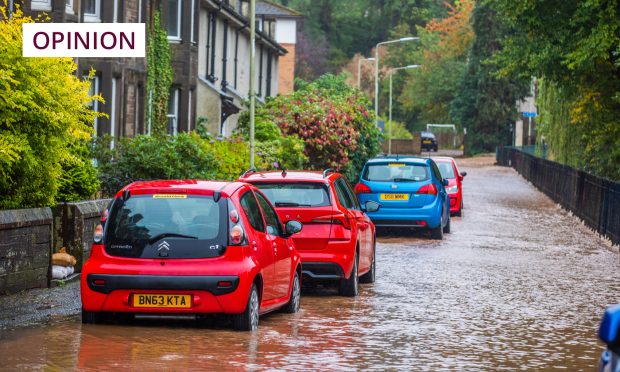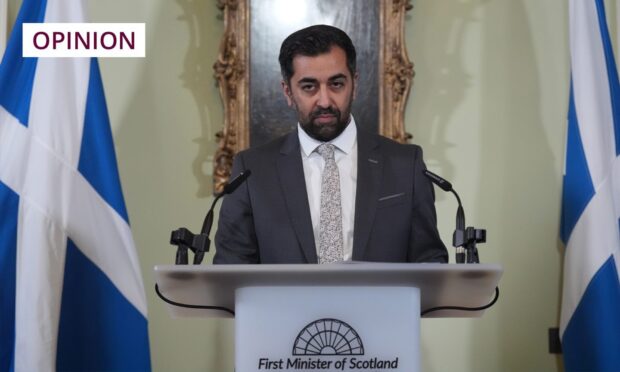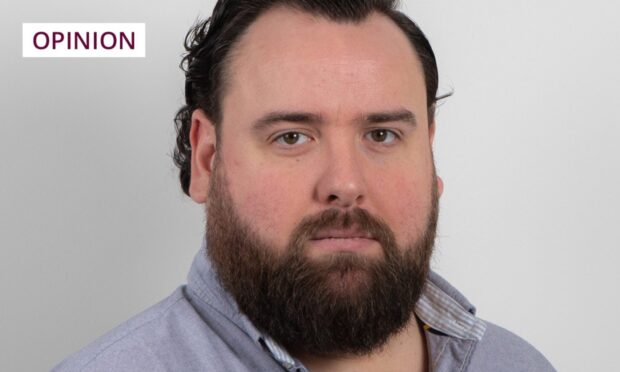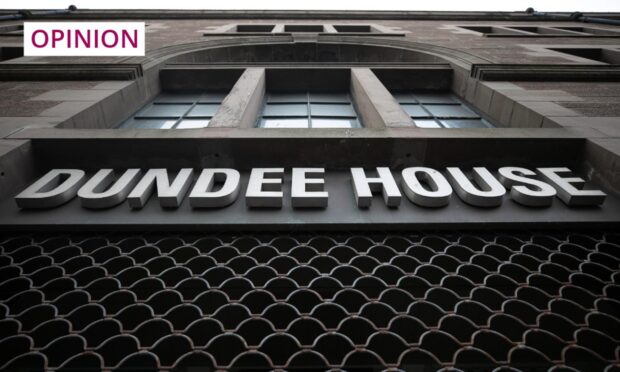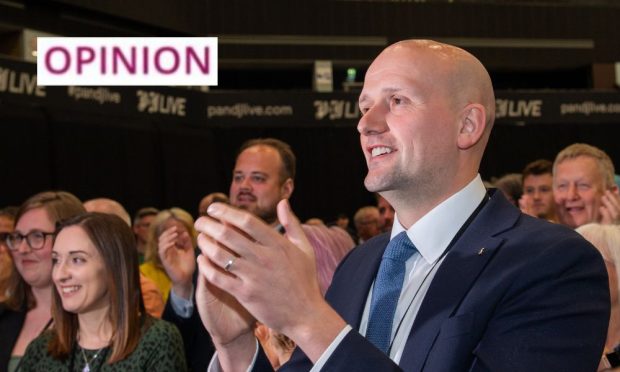Since this will be my last column, I hope I can be excused returning again to my real love: sport, and in particular rugby.
Because we now have a Scottish internationalist in our family. In the last fortnight he has twice played for Scotland under-19s against Japan. Quite a lot of family pride on show and a lot of commitment from him.
You can see his character developing as he progresses. There is ambition and perseverance, determination and courage.
Which brings me, rather surprisingly, to the sugar tax.
If you doubt the problem of obesity just walk along Princes Street in Edinburgh or Reform Street in Dundee. Saddest of all is the sight of fine young men and women obviously and grossly overweight.
If the sugar tax helps even a handful of them to lose weight it will be worth it.
Begin early
But if we are to tackle obesity we must begin early and sport in schools is one of the best ways we can do it.
The Chancellor of the Exchequer says the proceeds of the sugar tax should go to primary school sport and Amen to that! The patterns of self discipline that sport encourages can last for a lifetime.
The imbalance of sporting opportunities between the private sector in education and the state sector is a disgrace.
Yes there are committed teachers and coaches in both private and state sectors and there are sporting success stories too. But not enough.
And certainly not enough emphasis on the benefits of exercise for recreational, social and health reasons.
There may be just as good potential rugby players as my grandson out there of whom we shall never see or hear because of the lack of opportunity.
And in case I am accused of chauvinism, something must be done about the number of young women who give up exercise as soon as they leave school or even before.
To them we should say: if you want a sporting role model, how about Jessica Ennis-Hill or Lee McConnell? Enough said.
To tax or not to tax, that is the question.
At least that is the question which seems to be occupying the minds of journalists and the party leaders ahead of the Holyrood elections on May 5.
And rightly so.
Because the only way we can have good public services is if we are willing to pay for them.
Seems obvious does it not?
So why are some reluctant to admit that in health and in education the two most important public services the necessary improvements can only be provided from taxation.
Health warning
It is a well-established political principle that everyone is in favour of raising taxes as long as it doesn’t apply to them!
So let me try to set out what I see as the arguments.
But first a health warning.
I’m speaking in a personal capacity as the title of this column makes clear.
The poorest in Scotland should pay the least tax.
The more of the poorest we can take out of paying any tax altogether the better.
There is no virtue in taxing people just for the sake of doing so. Fairness is not achieved by taxation but by the proper use of the proceeds of taxation.
It is disingenuous and worse to refuse to raise taxes to avoid electoral unpopularity when an increase is sorely needed. For every such delay there will be those who suffer as a consequence.
I believe that in the present state of Scottish education it is right, as the Lib Dems argue, that a penny on income tax could raise funds to be applied to education, an area of greatest need.
It is shameful that the percentage of Scottish children leaving primary school unable to read and write properly should be greater than when the Scottish Parliament was first created.
The First Minister has recently made it clear that the policies of no tuition fees, free personal care, free bus passes, free television licences and no prescription charges need to be paid for. And who could argue against that.
But in a country where only some 17,000 taxpayers pay the top rate of tax, where can additional money be found?
It can only be found from those who pay the basic rate and the 40% rate.
Income tax
But there is a more equitable answer to the question of how we find money to pay for public services.
Income tax is levied on the benefits we enjoy as its name suggests from income.
But what about the benefits we enjoy from free personal care, free prescriptions and free bus passes?
These are benefits just as much as our income. Why not tax them?
There are many people, myself included, who are eligible for these benefits who could well afford to pay tax on them.
The principle of universality upon which these benefits are based can surely not be sustained when there are particular areas of need such as health and education.
One last point.
Please do not take refuge in the claim that the cancellation of the renewal of trident will solve all taxation problems.
So far as I can see it gets spent, in theory, at least three times per week when any issue of public expenditure is raised.


